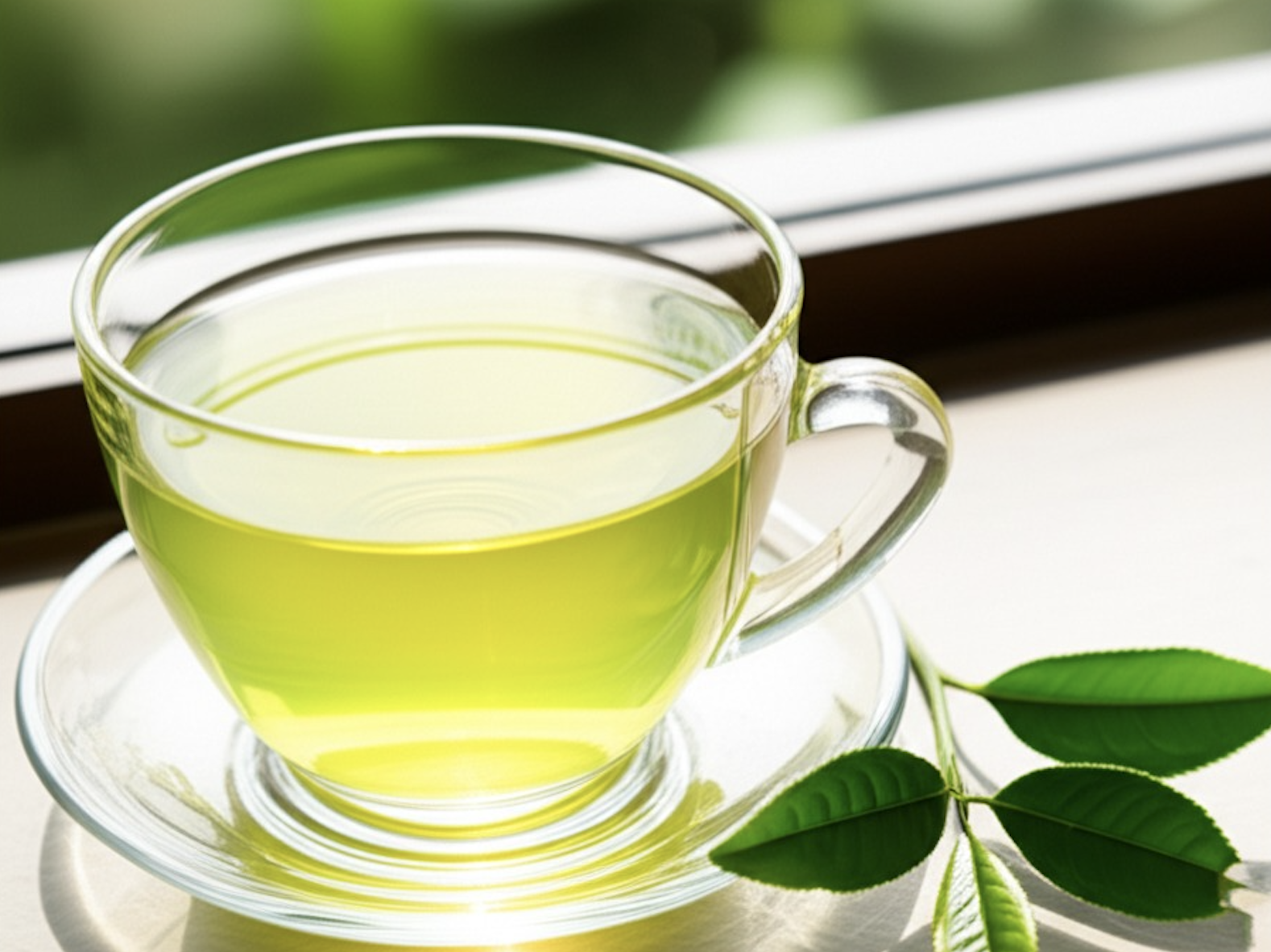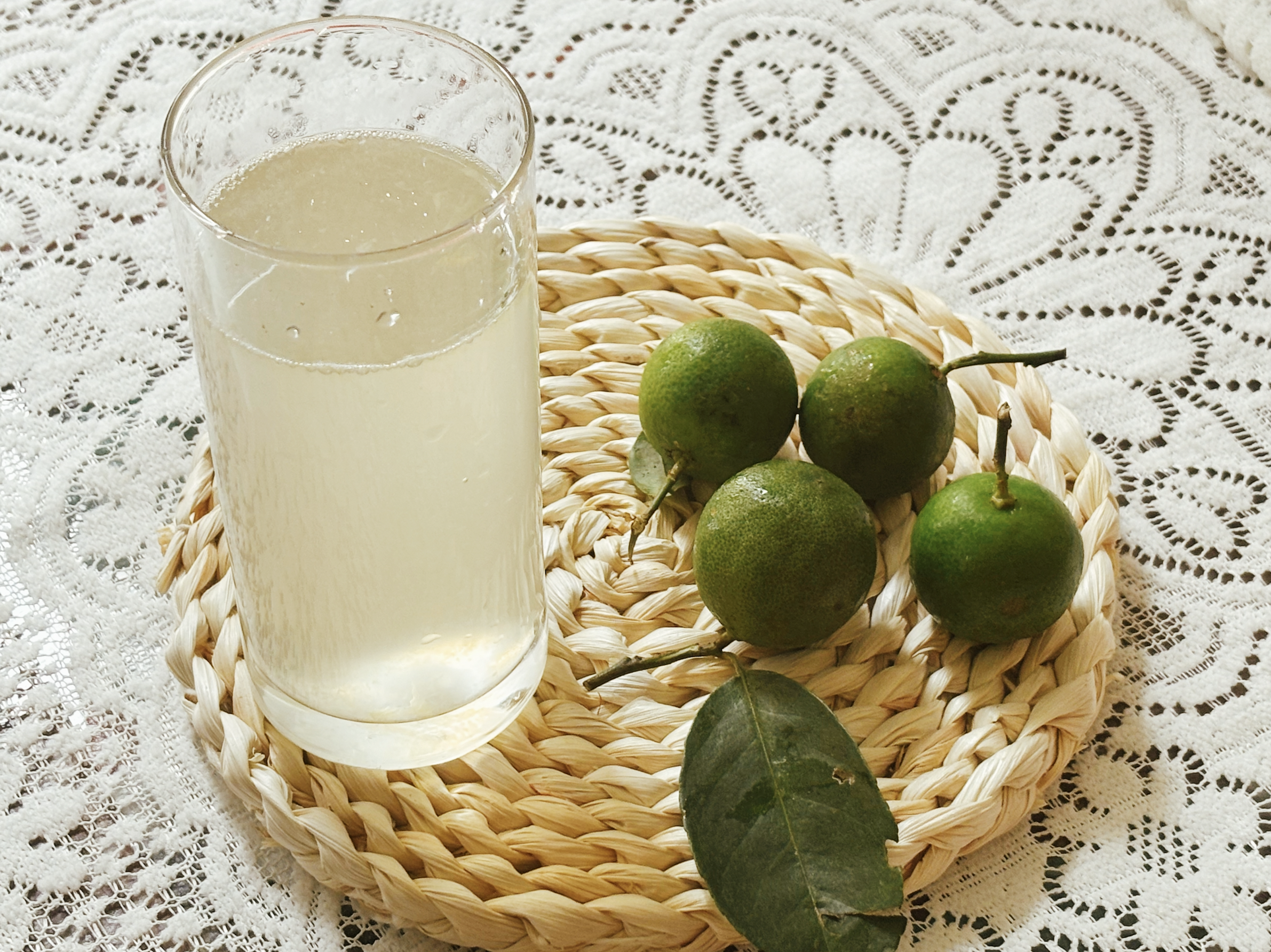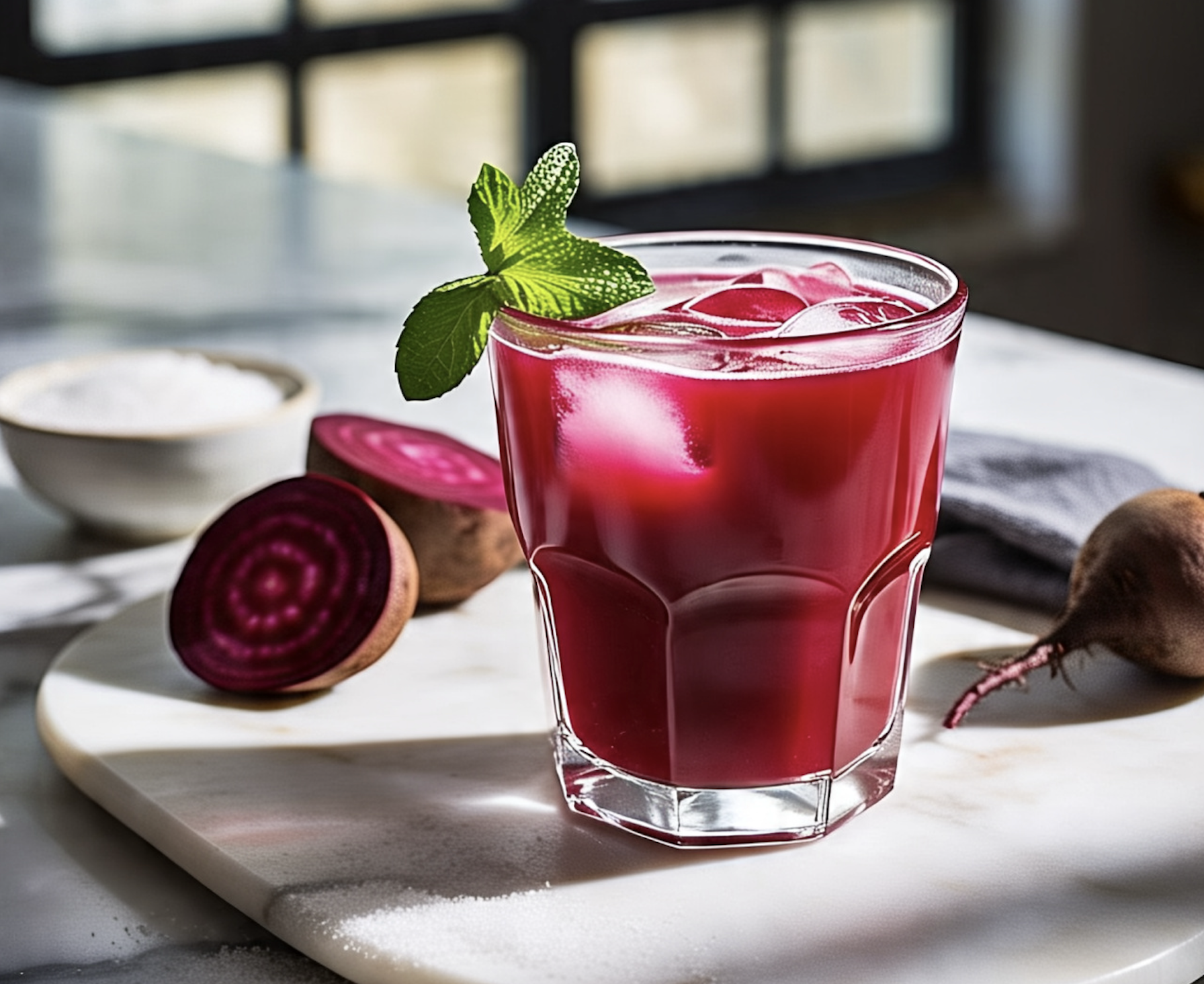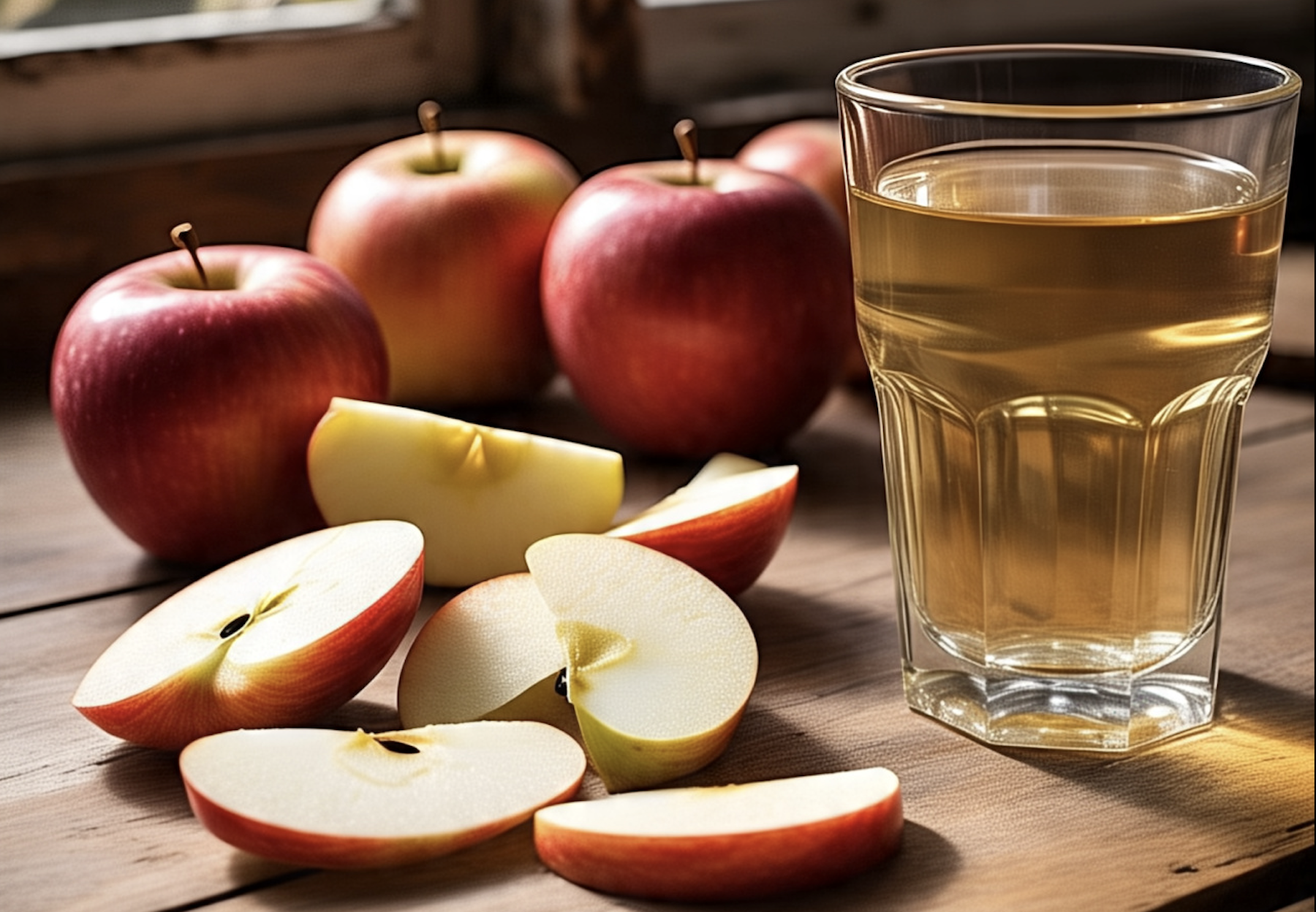 |
Green tea is packed with antioxidants, especially catechins, which help reduce liver inflammation and oxidative stress. The compounds in green tea also improve liver function by enhancing fat metabolism and reducing fat storage in liver cells.
Drinking 2-3 cups a day, combined with a healthy diet, can reduce liver enzyme levels and support better weight management. These are important factors in managing fatty liver disease.
 |
Regular consumption of warm lemon water, especially when combined with a healthy diet and adequate hydration, can help combat fatty liver disease. Lemons are rich in vitamin C and antioxidants, which promote natural liver cleansing and increase the production of liver-detoxifying enzymes like glutathione.
 |
Beetroot juice provides betalain and betaine, both of which have liver-protective effects. These nutrients help remove toxins from the body, reduce oxidative damage, and facilitate liver cell regeneration. Drinking beetroot juice 2-3 times a week can lower elevated liver enzymes and reduce fat accumulation.
 |
Black coffee contains chlorogenic acid and caffeine, which have anti-inflammatory effects and help inhibit the accumulation of fat in liver cells. Drinking 2-3 cups of coffee daily can reduce the risk of non-alcoholic fatty liver disease. Choose pure black coffee and avoid adding sugar or cream to maximize its benefits and promote long-term liver health.
 |
Apple cider vinegar provides acetic acid, which enhances metabolism, aids digestion, and reduces liver fat. Adding a tablespoon of apple cider vinegar to a glass of water before meals can break down fats and increase insulin sensitivity. Consume it in small amounts and dilute it with water to avoid stomach irritation. Individuals with existing stomach problems should not consume apple cider vinegar on an empty stomach.
Bao Bao (According to Healthline, Times of India)
Photo: Bao Bao, AI












